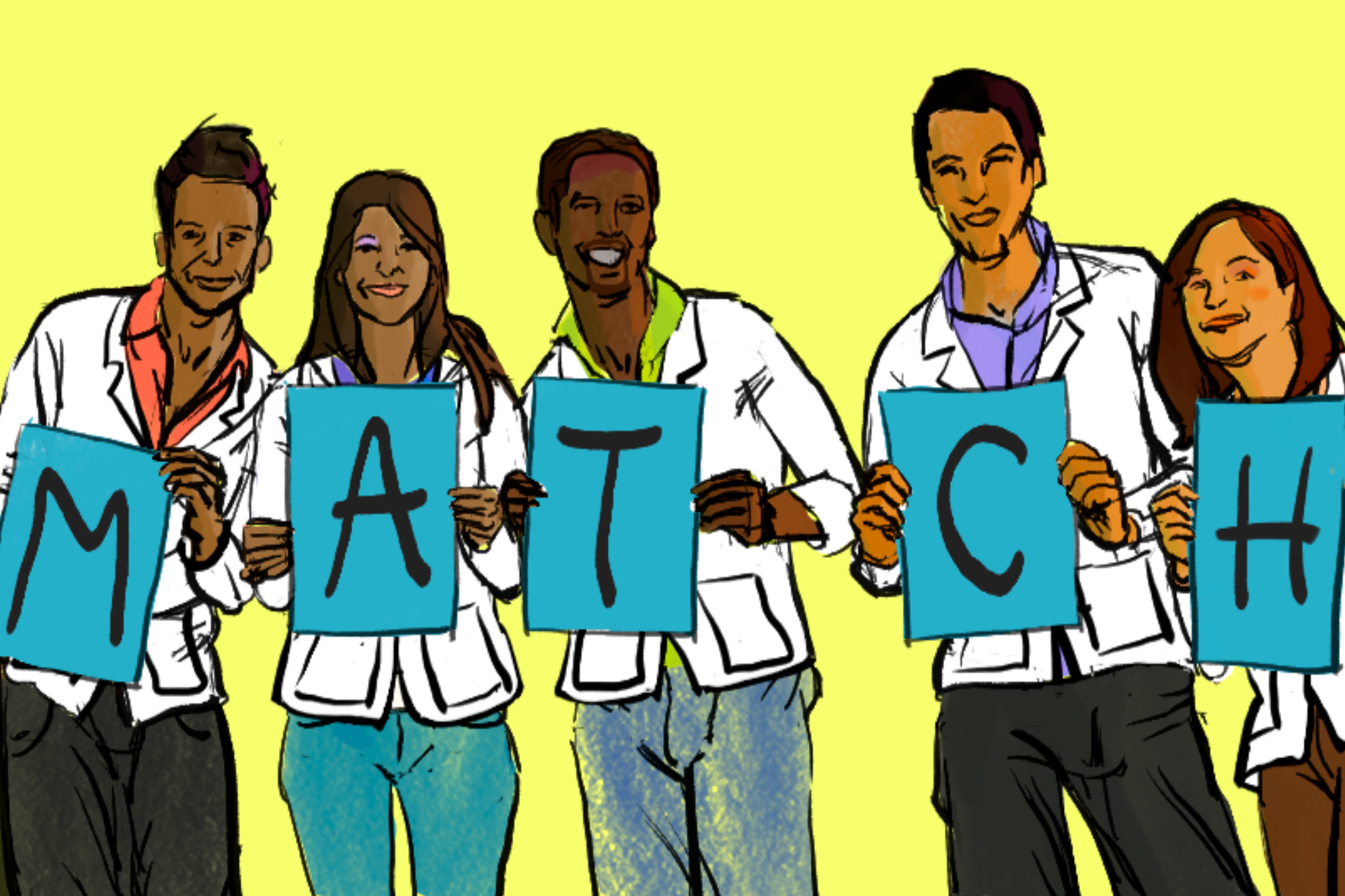
As the AAMC grapples with changes to the 2021 Electronic Residency Application Service (ERAS) process due to COVID-19, medical students, school administrators, and physicians across the U.S. and the world are worrying about how students might safely complete educational requirements, board exams, and residency matching in order to graduate by next May. We should choose to reframe the uncertainty we feel as a chance to reset a broken and inefficient residency application system to one that equally favors programs and applicants.
In 2020, 94% of residency applicants (18,108 medical school seniors) matched into PGY-1 programs, and 1,897 more SOAPed into residency positions. For comparison, applicants in 2015 applied to an average of 36.4 programs (ranging from 21.7 for psychiatry to 58.2 for surgery) with 95% matching into their specialty of choice. Despite those successful match rates, the average number of programs to which students apply continues to climb.
The system was never intended to work this way. The inefficiency and waste of months spent traveling to institutions across the country for interviews have spiraled the system out of control, at great personal expense for students who have already racked up an average of $243,902 (at public schools) and $322,767 (at private schools) in four-year medical school debt.
Personally, I was excited to imagine career possibilities and reconnect with medical school friends at programs across the country after graduating this year. But with interviews likely going virtual, I feel relieved of a tremendous financial burden. I’m grateful for the roughly six-month lead-time in the AAMC’s recommendations that will allow residency directors to prepare effective online platforms that deliver vital information about their programs. I envision a residency interview cycle that conducts preliminary interviews via video calls, and invites a limited number of applicants culled from the initial pool for physically distant site visits before submitting rank lists. This year, thanks to COVID-19, we are forced to test a potentially sustainable, virtual system that may become a prototype for the future. We should view this as an opportunity for necessary change and embrace it.
Now, more than ever, the AAMC should abandon language that encourages false competition and anxiety among an accomplished and adaptive field of residency applicants. The COVID-19 pandemic has shown us that practicing medicine will require health care professionals to commit everything we have to learning together how to help our patients (and ourselves!) survive.
We are entering a period when our health care workforce and public health infrastructure desperately need the annual influx of nearly 20,000 resident physicians. Yet every year, between 5% and 10% of qualified medical students who have passed licensing exams fail to match in a system that values the convenience of test scores as screening metrics over holistic review. The internet has erupted with speculation that this year’s uncertain ERAS process will incentivize applicants to apply to record-high numbers of programs, causing application review committees to rely on basic metrics like Step 1 scores (which will transition to pass/fail in 2022) to prescreen overwhelming numbers of applicants. This would be an inappropriate response in any circumstance, but especially during a crisis that has derailed students’ studies and clinical rotations. Instead, the AAMC should encourage applicants and programs to interview based on perceived program fit after meeting baseline standards for academic achievement, like passage of board exams and clinical clerkships. They should impose a cap on applications to encourage students to apply only to programs where they will thrive and contribute meaningfully to communities’ health. And they should emphasize that the American health care system relies heavily on residents to provide life-saving care to patients in every corner of this country, that we will be considered for the Match in light of the circumstances and the cumulative strengths of our applications, and that the overwhelming majority of us will match.
To my fellow applicants: we are multitalented candidates for residency, and we will weather the storm of uncertainty that COVID-19 has unleashed upon us. To residency program directors: we are eager to work with you and learn from you. To the American people: we are ready to fulfill our dreams of serving you, now more than ever. We have prepared for this, we will adapt to changing circumstances, and we ask that the AAMC adopt empowering policies that reflect the sacrifice and peril we all face, and the alleviation of suffering that we can provide.
Adam Hunter is a fourth-year medical student at the University of North Carolina School of Medicine. He is wrapping up a year of studying health policy for a Masters in Public Health at Harvard T.H. Chan School of Public Health.
Click here to see more perspectives on COVID-19 from the Doximity network.
Click here for up-to-date news about COVID-19 on Doximity.
Illustration by Jennifer Bogartz.






